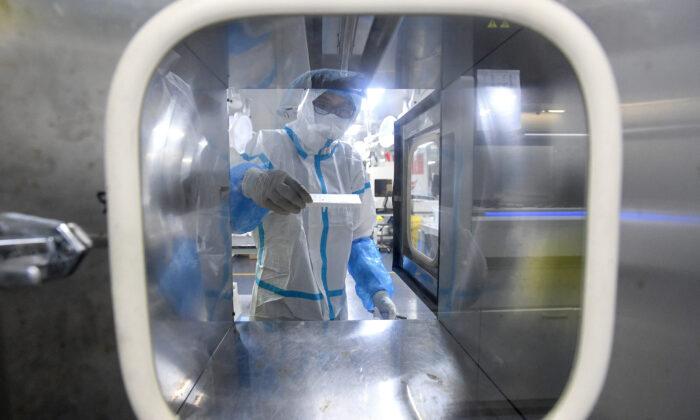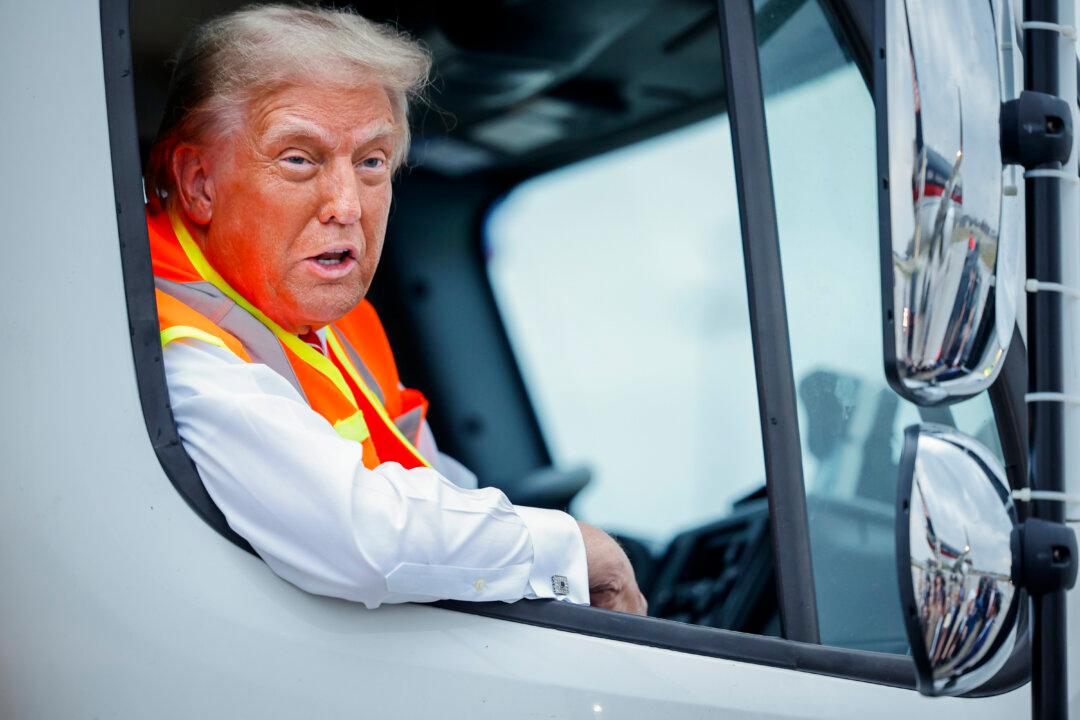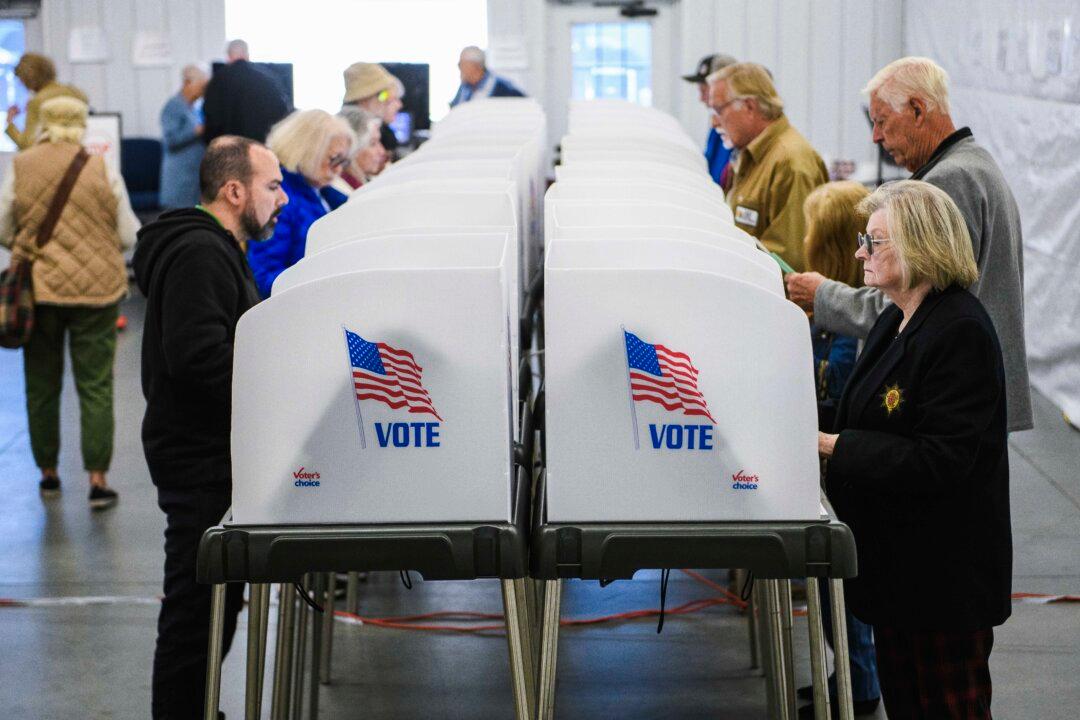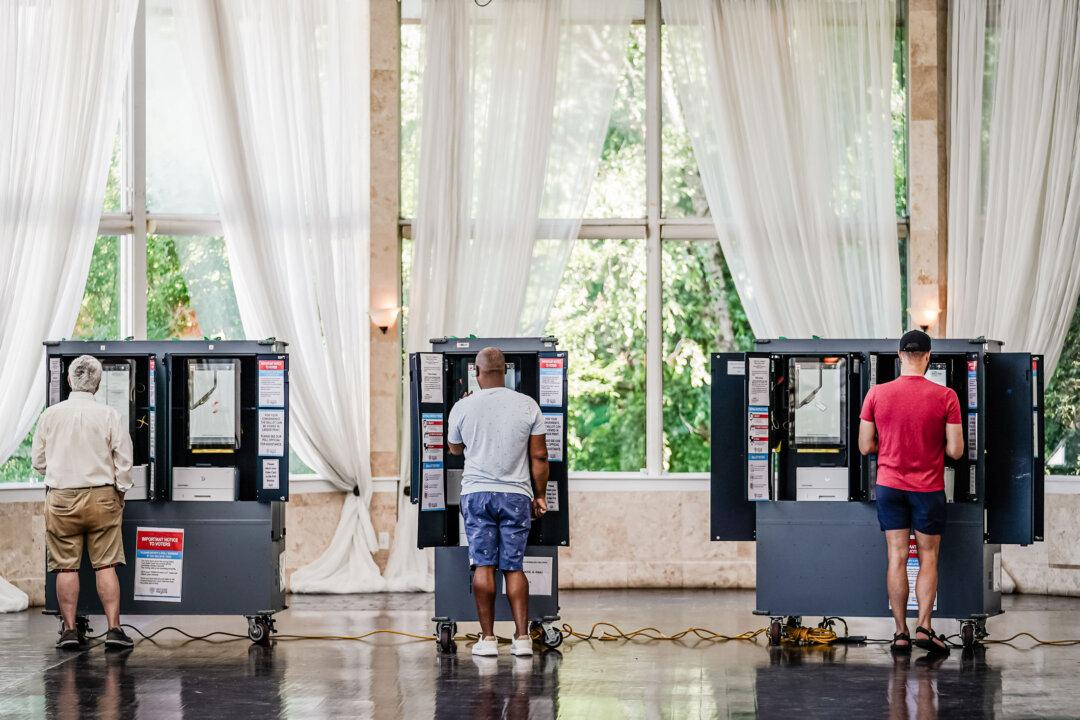The Office of the Director of National Intelligence finally released a government report on the origins of COVID-19 on Friday. The chairs of the House Intelligence and Coronavirus Pandemic committees say the report lends credence to the theory that the virus may have originated in a laboratory in Wuhan, China.
Congress passed legislation earlier this year mandating the declassification of information related to potential connections between the Wuhan Institute of Virology (WIV) and the origins of the pandemic.
The declassified report provides insight into the activities of the WIV before the pandemic and presents the Intelligence Community’s (IC) understanding of the origins of COVID-19. However, it does not definitively determine the source of the virus.
The report includes assessments from the National Intelligence Council (NIC), the Department of Energy, the Federal Bureau of Investigation (FBI), the Central Intelligence Agency (CIA), and other unnamed agencies.
The majority of agencies, including the NIC and four other Intelligence Community agencies, believe that the virus most likely resulted from natural exposure to an infected animal or a close progenitor.
However, the Department of Energy and the FBI hold the view that the virus originated in a laboratory, although they have different reasons for their assessment.
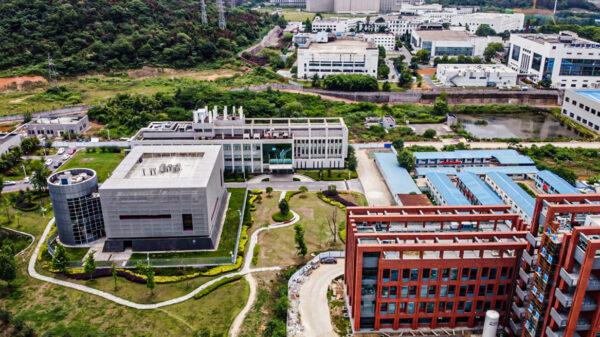
The CIA and another agency are unable to determine the precise origin of COVID-19, as both hypotheses rely on significant assumptions or face challenges with conflicting reporting, the report states.
The IC expanded its investigation into COVID-19 in March to explore whether the initial human infection occurred naturally through contact with an infected animal or if it was connected to a laboratory incident.
Wuhan Experiments ‘Left No Traces of Genetic Modification’
Before the pandemic, the WIV engaged in collaboration with China’s People’s Liberation Army (PLA) on “public health-related research.” Some of the WIV scientists conducted experiments on coronaviruses, but there is no evidence of genetic modification in these viruses, according to the report.However, the report states that the WIV did not possess viruses that could “plausibly be the progenitor of SARS-CoV-2” before the pandemic. Instead, the viruses were primarily used for “virology and vaccine-related work.”
Between 2017 and 2019, the WIV funded research projects and involved some of its personnel in projects to “enhance China’s knowledge of pathogens and early disease warning capabilities for defensive and biosecurity needs of the military.”
“The IC assesses that this work was intended for public health needs and that the coronaviruses known to be used were too distantly related to have led to the creation of SARS-CoV-2,” the report states.
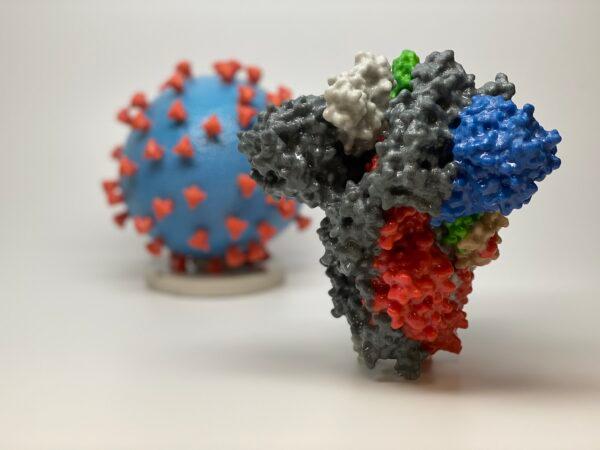
The WIV conducted extensive research on coronaviruses before the pandemic, including genetic analysis and sampling of animals, particularly bats.
While the report acknowledges the presence of genetic engineering work at the WIV, it states that there is no “direct evidence that a specific research-related incident occurred involving WIV personnel before the pandemic that could have caused the COVID pandemic.”
However, the report notes that some of the WIV’s genetic engineering projects on coronaviruses involved techniques that could make it challenging to detect intentional changes, citing a 2017 dissertation by a WIV student.
“Some of the WIV’s genetic engineering projects on coronaviruses involved techniques that could make it difficult to detect intentional changes,” the report states.
“A 2017 dissertation by a WIV student showed that reverse genetic cloning techniques—which are standard techniques used in advanced molecular laboratories—left no traces of genetic modification of SARS-like coronaviruses.”
Inadequate Biosafety Precautions at Wuhan Lab
The WIV had been the subject of biosafety concerns in handling SARS-like coronaviruses before the pandemic.The report noted that some WIV researchers “probably did not use adequate biosafety precautions at least some of the time prior to the pandemic in handling SARS-like coronaviruses.” This increased the risk of potential exposure to viruses.
Biosafety improvements, training, and procurements were being made in mid-2019, the report states, but the IC is not aware of any specific incident that triggered those measures. This coincided with the broader biosecurity legislation in China.
One issue highlighted in the report is the lack of transparency regarding China’s decisions on which pathogens required higher biocontainment protocols, even after the WIV’s BSL-4 laboratory was accredited in 2017. Additionally, there was a shortage of properly trained personnel at the facility.
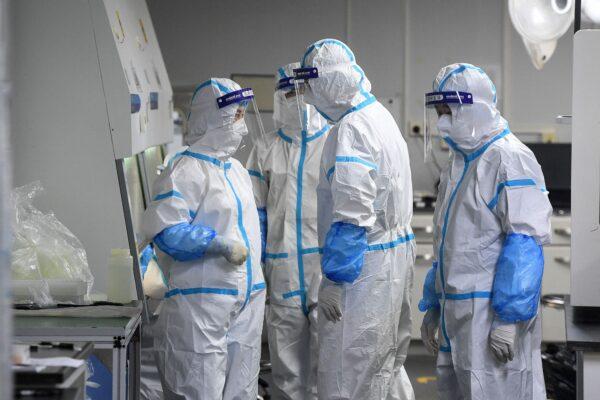
In 2019, experiments were conducted in lower containment labs despite known risks.
In 2020, an inspection of the WIV’s high-containment laboratories took place just months after the emergence of the COVID-19 outbreak. The inspection identified various issues, including the need for equipment updates, additional disinfectant measures, and improvements to ventilation systems.
However, the report cautioned that these findings were made during the institute’s crisis response to the COVID-19 outbreak and may “not necessarily indicative” of the WIV’s biosafety status prior to the outbreak.
China Has ‘Some Serious Explaining To Do’
In a joint statement, Rep. Mike Turner (R-Ohio), chair of the House Intelligence Committee, and Rep. Brad Wenstrup (R-Ohio), chair of the Select Subcommittee on the Coronavirus Pandemic, said the declassified report is “a promising step toward full transparency.”The two Republican lawmakers declared that “everyone deserves to know the truth.“ The pair said the information gathered by their committees during this Congress and the last ”supports the likelihood of a lab leak.”
Turner and Wenstrup said their committees “will continue to investigate the origins of COVID-19 and the information obtained today will help to further its investigation.”
“The Chinese Communist Party and the Chinese People’s Liberation Army have some serious explaining to do. This declassified report from the Office of the Director of National Intelligence and the Intelligence Community lends credence to the lab leak theory, which suggests that the coronavirus outbreak most likely originated from a Wuhan virology lab in China,” they said.
“This is on top of the Government Accountability Office’s report released last week outlining the flow of U.S. taxpayer dollars to Chinese entities known to be doing coronavirus research,” their statement continued.
“While we appreciate the report from ODNI, the corroboration of all available evidence, along with further investigation into the origins of COVID-19 must continue.”
